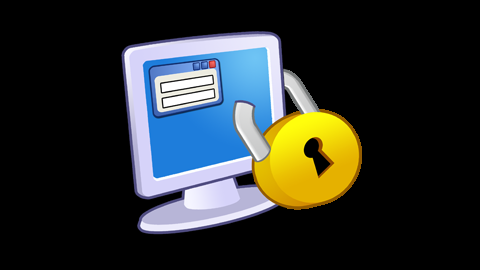You know that it’s important to clean and declutter your house regularly. You go through cupboards and closets, and you get rid of things that you don’t need. You look in the refrigerator, and any old food gets thrown in the trash. But it’s interesting to note that a lot of people don’t pay this same kind of attention to digital upkeep, especially on their business computers. Because they don’t actively go into the dark corners and clean up unused or potentially even harmful files, that can create issues further down the road.

That’s why it’s essential to think about your business computer systems, in particular, the same way you would a house. Clear out things that you don’t need. Stay updated with all of the latest developments. Wipe away any secure information from hard drives that could be used against you somehow. And always follow privacy best practices when it comes to setting up your logins, file archives, and related material.
Clearing Out Files
When it comes to clearing out files on your computer, there are several different approaches that you can take. Sometimes, you can search for data that has not been accessed for a certain amount of time. There’s a good chance you can delete those. Also, if you have any applications that you don’t use anymore, you can clear out executable files and all of the related preference files to go along with it. This would be similar to cleaning and organizing your cabinets at home.
Staying Updated
Especially with computer software, and particularly if it is related to your business endeavors, you need to stay updated with the latest versions of everything. Software developers can release updates every day, every week, or at irregular intervals, and these updates will help the programs run better, and they will often patch up any potential security breaches in the software infrastructure.
Wiping Secure Information from Hard Drives
Where do you store financial data, customer and client data, or proprietary information when it comes to your business? It’s probably on a hard drive somewhere. What happens when you get rid of this hard drive? Do you just throw it away? That is a bad idea because all of that information will still be on that hard drive until it gets entirely wiped out. You can try to do this erasure yourself, or you can hire a company to do it for you.
Following Privacy Best Practices
As far as privacy best practices go, one of the best things that you can do is install a password manager. It will allow you to have different passwords for every single site that you log into, but you only have to remember one master unlocking password. It prevents hackers from finding out your password on one website and being able to log in as you on some other one. Creating distinct passwords is a very smart housekeeping method for your digital presence.